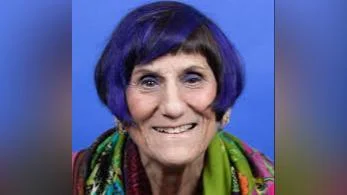Peter Salovey President | Yale University
Peter Salovey President | Yale University
The Committee on Institutional Voice at Yale University has concluded its work and issued recommendations regarding the university's stance on public statements. This development follows a seven-week period during which the committee gathered input from various members of the Yale community through listening sessions and online submissions.
The committee proposed guidelines to assist university leaders in deciding whether to issue official statements or comment on current events. The guidelines are based on three main presumptions. Firstly, it is generally advised that university leaders should "refrain from issuing statements concerning matters of public, social, or political significance, except in rare cases." However, there are exceptions when it might be appropriate for leaders to speak if the issues "directly implicate the university’s core mission, values, functions, or interests." Additionally, expressing empathy on external matters of "transcendent importance to the community" is considered appropriate.
These guidelines apply to all levels of university leadership but do not restrict individual students and faculty members who retain broad freedom of speech as outlined in the Woodward Report. The report emphasizes that leaders with expertise on certain topics may express opinions publicly but must clarify they are not speaking in an official capacity.
President Maurie McInnis has accepted these recommendations, believing they will bolster Yale's commitment to academic freedom. The committee's report clarifies that choosing not to speak should not be viewed as taking a substantive position but rather aligning with Yale’s mission of fostering open dialogue and education.
President McInnis reiterated Yale's dedication to teaching and learning while encouraging students to engage openly with differing viewpoints. She emphasized the importance of dialogue and inquiry as central elements of Yale's educational approach.



 Alerts Sign-up
Alerts Sign-up